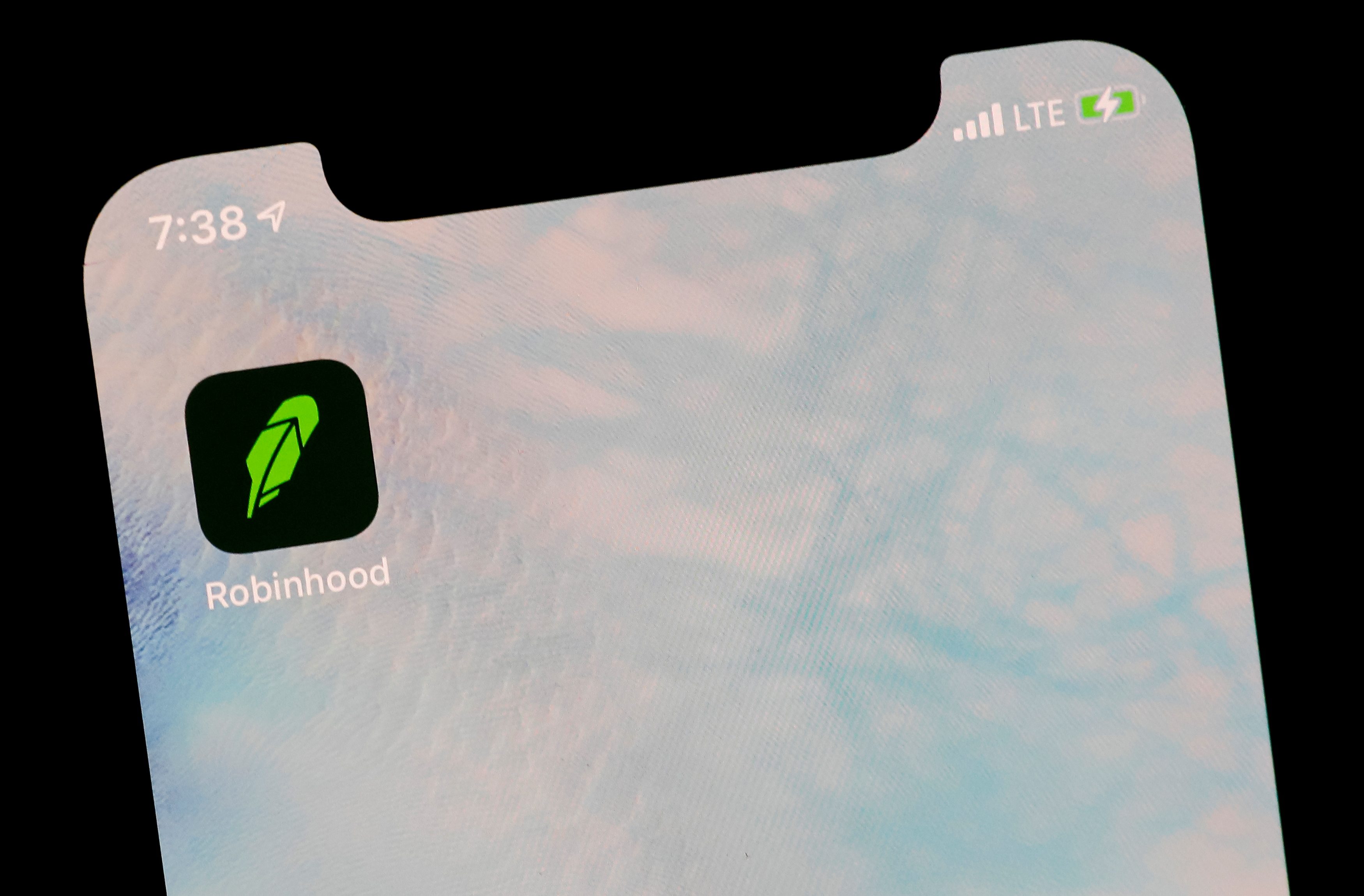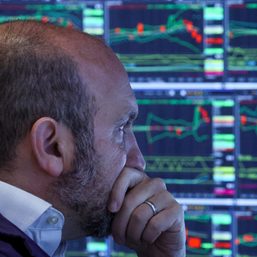SUMMARY
This is AI generated summarization, which may have errors. For context, always refer to the full article.

Robinhood Markets Incorporated, the online brokerage at the center of the historic retail trading frenzy that gripped Wall Street this year, has confidentially submitted plans to regulators for a US initial public offering, the company disclosed on Tuesday, March 23.
The move to push ahead with a stock market flotation comes in the middle of a historic boom in US capital markets, fueled largely by dealmaking through so-called special purpose acquisition companies.
Companies have raised well over $100 billion through initial public offerings (IPOs) in the first 3 months of the year and are poised to overtake 2020’s record haul of $167 billion, data from Refinitiv and Dealogic showed. The amount raised includes blank-check IPOs.
Reuters reported in December that Robinhood had picked Goldman Sachs Group Incorporated to lead preparations for a stock market flotation.
The company is yet to determine the number of shares to be offered and the price range, it said in a blog post.
Robinhood had considered going public through a direct listing in the weeks leading up to the filing, people familiar with the matter said.
In a direct listing, a company does not sell any shares in advance of its market debut, as is the case with IPOs.
Menlo Park, California-based Robinhood was founded in 2013 by Stanford University roommates Vlad Tenev and Baiju Bhatt. The company’s platform allows users to make unlimited commission-free trades in stocks, exchange-traded funds, options, and cryptocurrencies.
The platform’s easy-to-use interface has made it a go-to for young investors trading from home during coronavirus-induced restrictions and its popularity soared during the retail trading frenzy.
The company, however, faced criticism after it was forced to curb trading in certain stocks during the social-media fueled trading frenzy due to a tenfold rise in deposit requirements at its clearinghouse.
It was forced to raise a whopping $3.4 billion in emergency funds after its finances were strained due to the massive jump in retail trading.
The funding rounds were led by Ribbit Capital and included existing investors ICONIQ, Andreessen Horowitz, Sequoia Capital, Index Ventures, and New Enterprise Associates. The latest financing valued Robinhood at around $30 billion, according to people familiar with matter.
Robinhood is currently being probed by US regulators over its temporary trading curbs on the so-called “meme stocks.” The company has set aside $26.6 million for a potential settlement around trading outages in March 2020, as well as its options trading policies. – Rappler.com
Add a comment
How does this make you feel?
![[ANALYSIS] A new advocacy in race to financial literacy](https://www.rappler.com/tachyon/2024/04/advocacy-race-financial-literacy-April-19-2024.jpg?resize=257%2C257&crop_strategy=attention)
![[ANALYSIS] Search for stocks that continue to sizzle](https://www.rappler.com/tachyon/2024/04/search-stocks-that-sizzle-April-5-2024.jpg?resize=257%2C257&crop_strategy=attention)


![[ANALYSIS] Concern about the right trading call during Holy Week](https://www.rappler.com/tachyon/2024/03/Concern-about-right-trading-holy-week-March-22-2024.jpg?resize=257%2C257&crop_strategy=attention)
There are no comments yet. Add your comment to start the conversation.